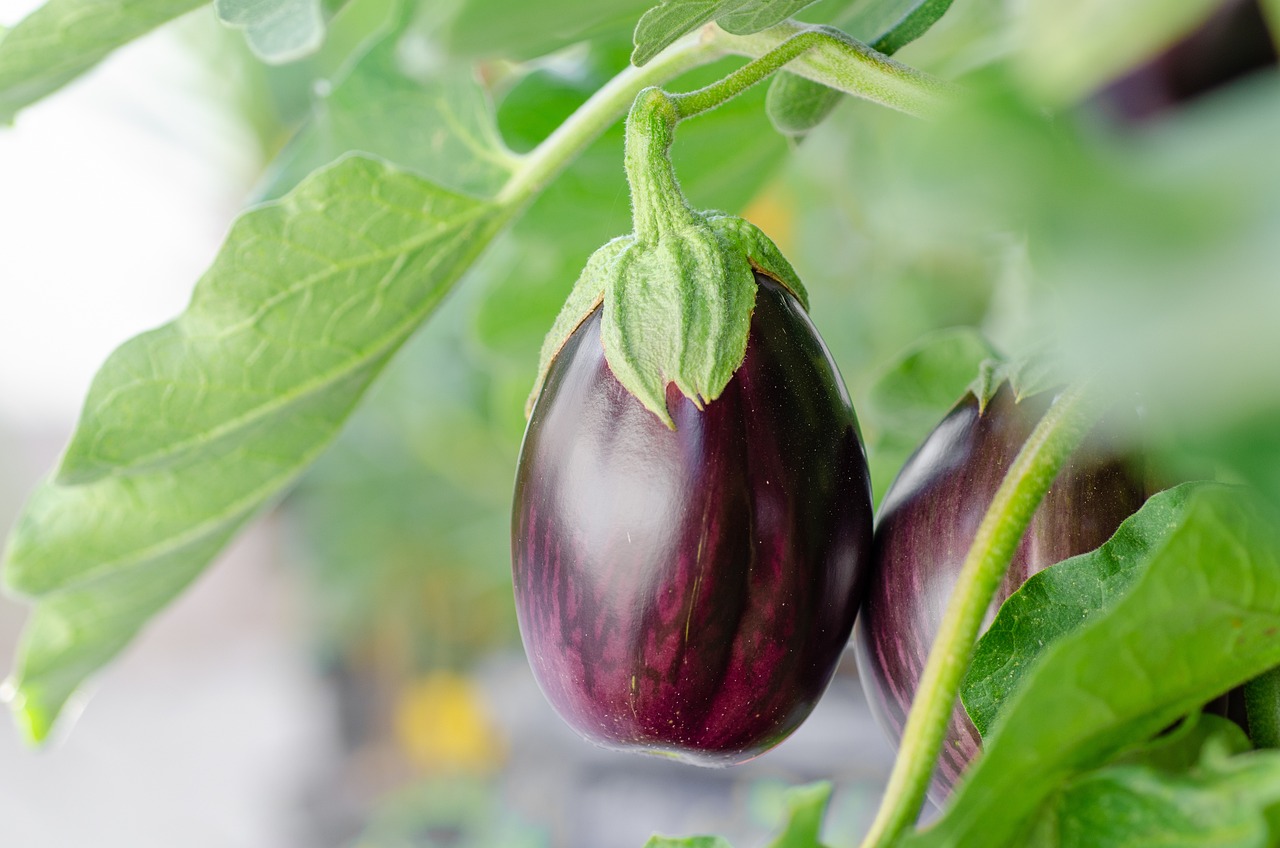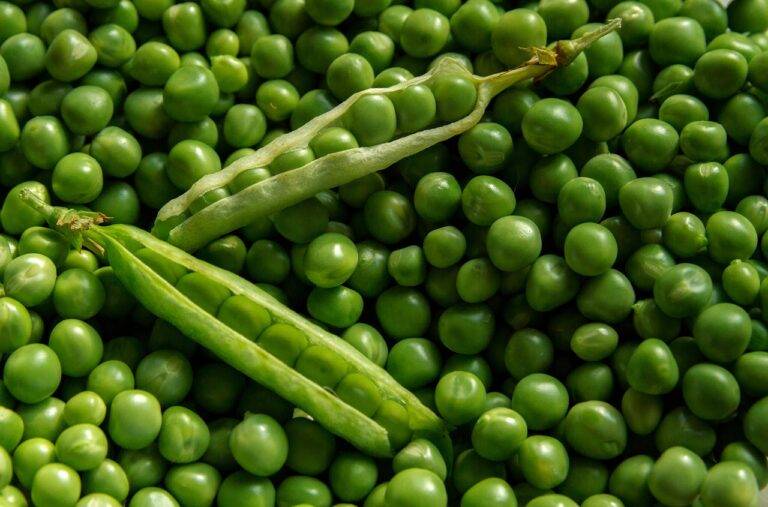The Impact of Food Policies on Global Trade and Agriculture
Food policies across the globe play a significant role in shaping the landscape of international trade. These policies encompass a wide range of regulations, incentives, and restrictions that governments implement to support their domestic food industries while also influencing global trade dynamics. From subsidies and tariffs to food safety standards and import/export regulations, food policies can have far-reaching implications on the interconnectedness of economies.
As countries strive to ensure their food security and create a conducive environment for their agricultural sectors, the impact of these policies on global trade cannot be underestimated. The decisions made by one nation in terms of food production, distribution, and consumption can affect not only its own economy but also the availability and prices of agricultural products in markets around the world. In a highly interconnected global economy, the interplay between food policies and trade relationships has become increasingly intricate and essential to understand for policymakers, economists, and stakeholders involved in the food industry.
The Role of Subsidies in Agricultural Trade
Subsidies play a significant role in shaping global agricultural trade. Government subsidies are provided to farmers in various forms, such as direct payments, price supports, and input subsidies. These subsidies aim to support domestic agricultural production, ensure food security, and protect farmers from market volatilities. However, they can distort international trade by artificially lowering production costs and influencing market prices.
Opponents argue that agricultural subsidies create unfair competition in the global market, especially for developing countries that may not have the financial means to provide substantial subsidies to their farmers. Subsidies can lead to overproduction, dumping of excess products in foreign markets, and undermining the livelihoods of farmers in importing countries. As a result, there have been ongoing discussions at the World Trade Organization (WTO) on the need to reform agricultural subsidy policies to promote fair and balanced trade practices.
What are subsidies in agricultural trade?
Subsidies are financial assistance provided by governments to agricultural producers to help reduce the costs of production or to guarantee a minimum price for their goods.
How do subsidies affect global trade in agriculture?
Subsidies can distort global trade by artificially lowering the prices of agricultural products, making them more competitive in international markets. This can lead to trade disputes and market distortions.
What is the impact of subsidies on small-scale farmers?
Subsidies can have both positive and negative effects on small-scale farmers. While subsidies can help reduce their costs of production and improve their competitiveness, they can also lead to overproduction and lower prices, hurting small farmers in the long run.
Are all subsidies harmful for agricultural trade?
Not necessarily. Some subsidies, such as those that promote sustainable farming practices or support small-scale farmers, can have positive effects on agricultural trade. It ultimately depends on the type and implementation of the subsidy.
How can subsidies be reformed to promote fair trade in agriculture?
Subsidy reform can involve phasing out harmful subsidies, targeting support towards sustainable practices, and promoting transparency in subsidy programs. By ensuring that subsidies are used responsibly, fair trade in agriculture can be promoted.





